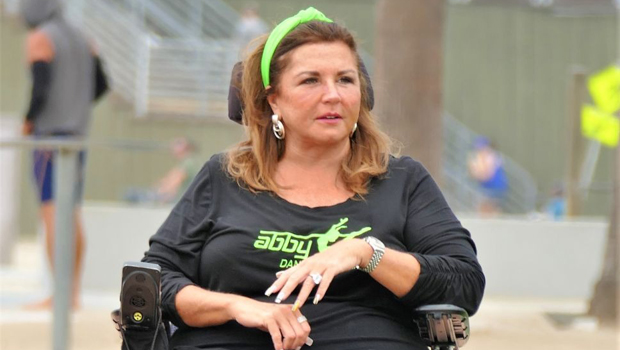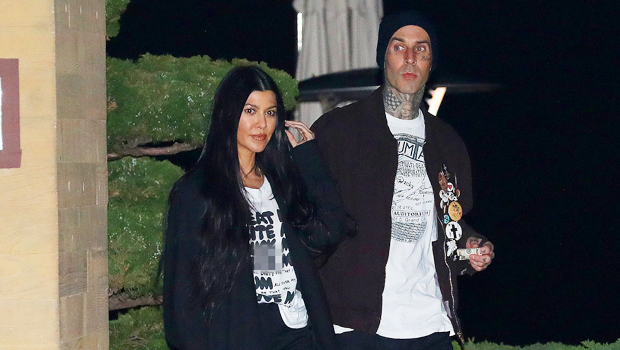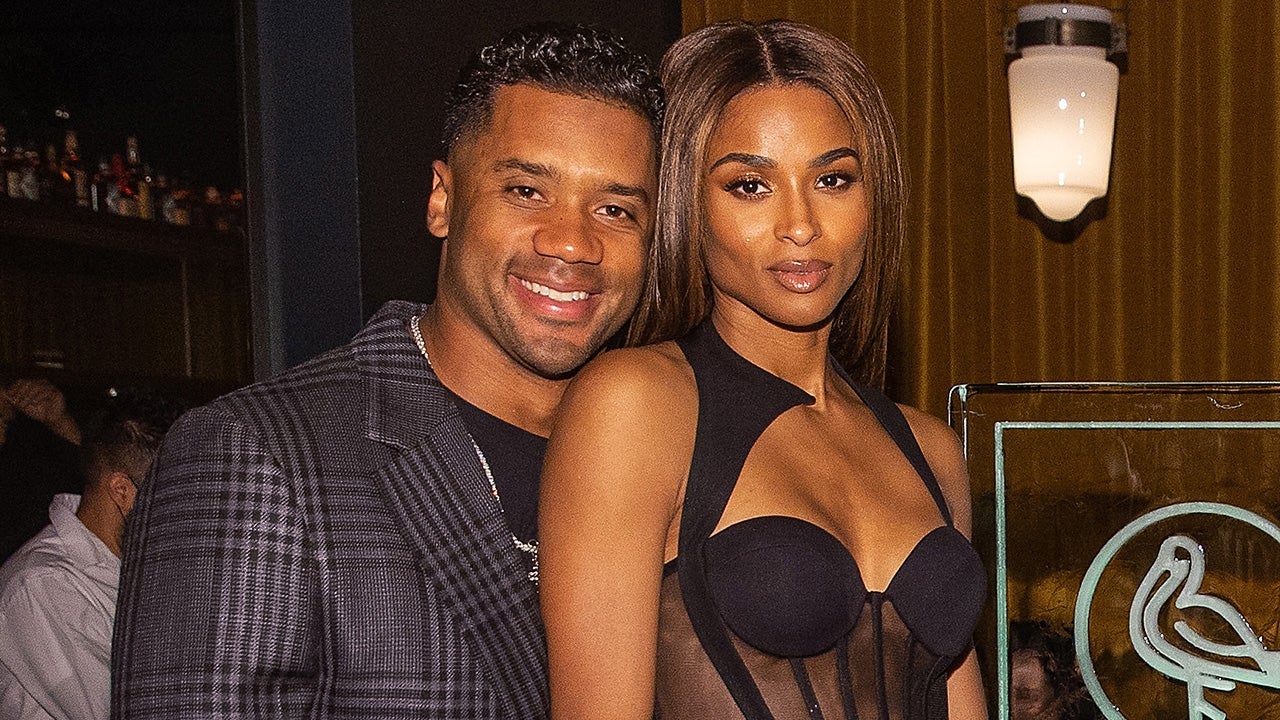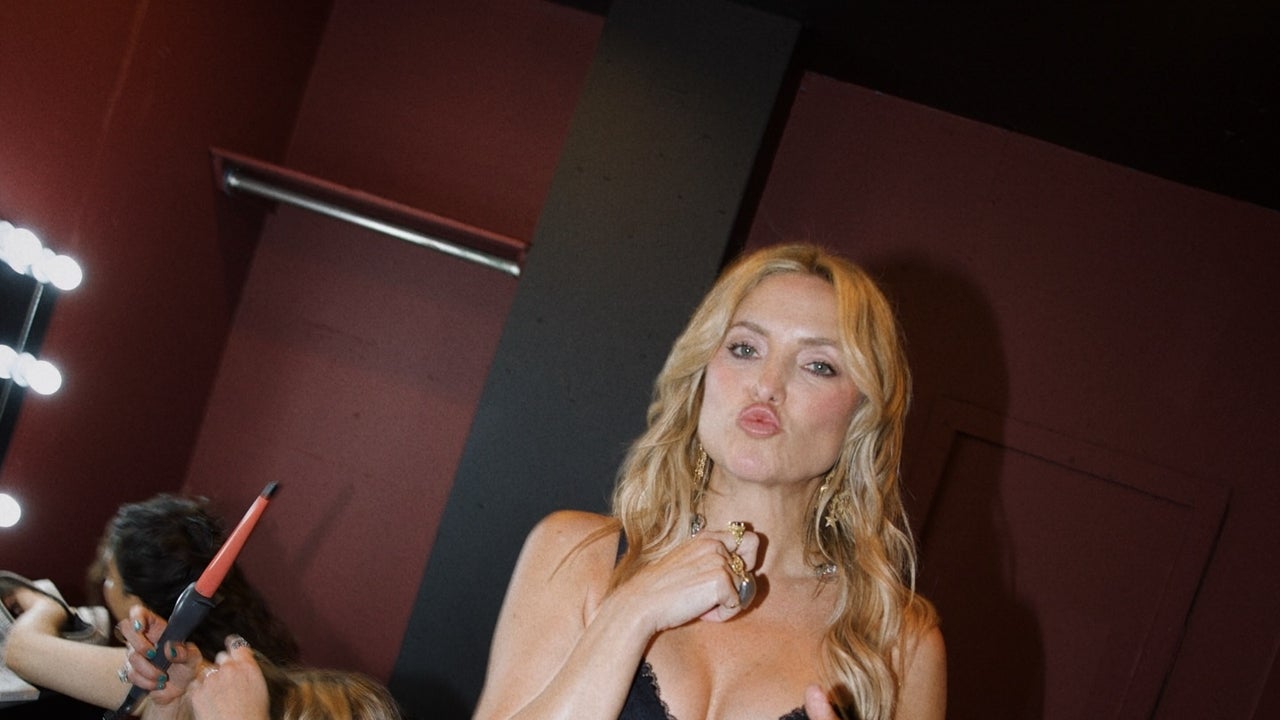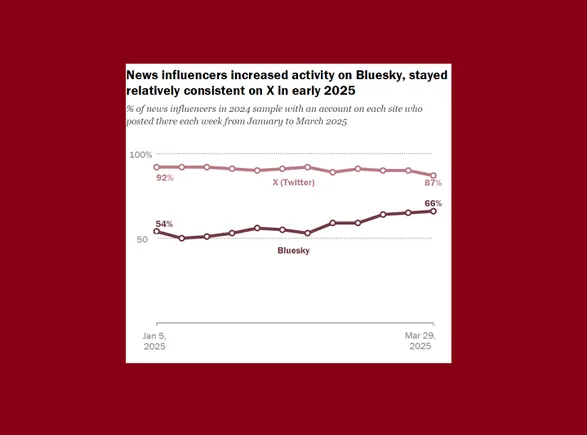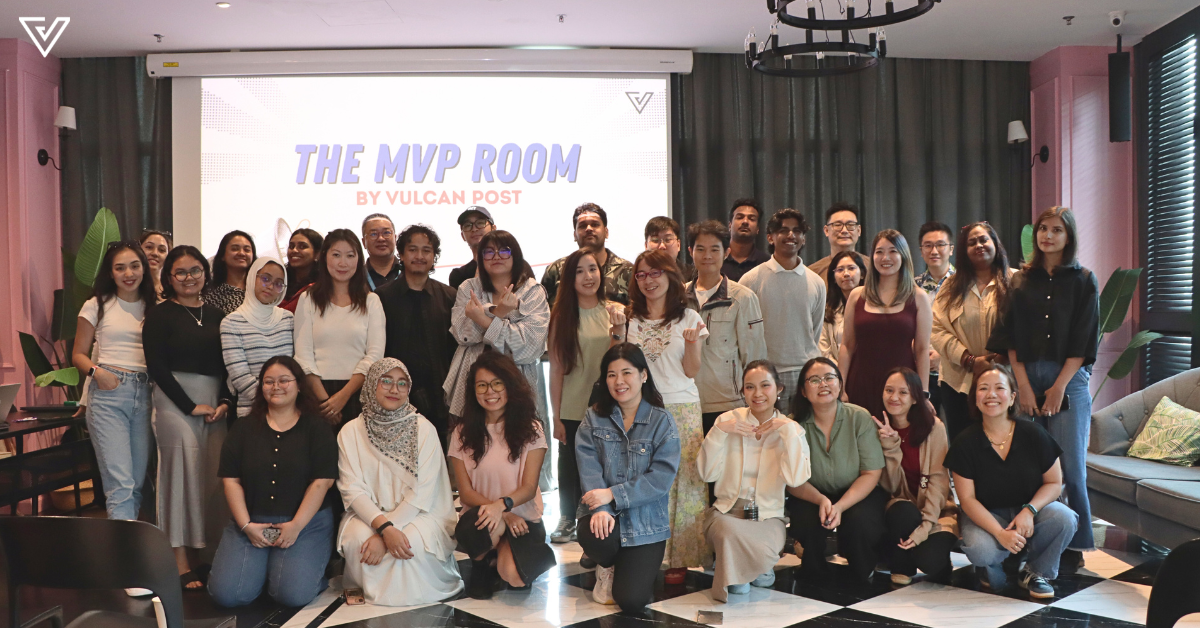Sacheen Littlefeather Lied About Being Native American, Biological Sisters Claim
The sisters say they have no known Native American/American Indian ancestry.
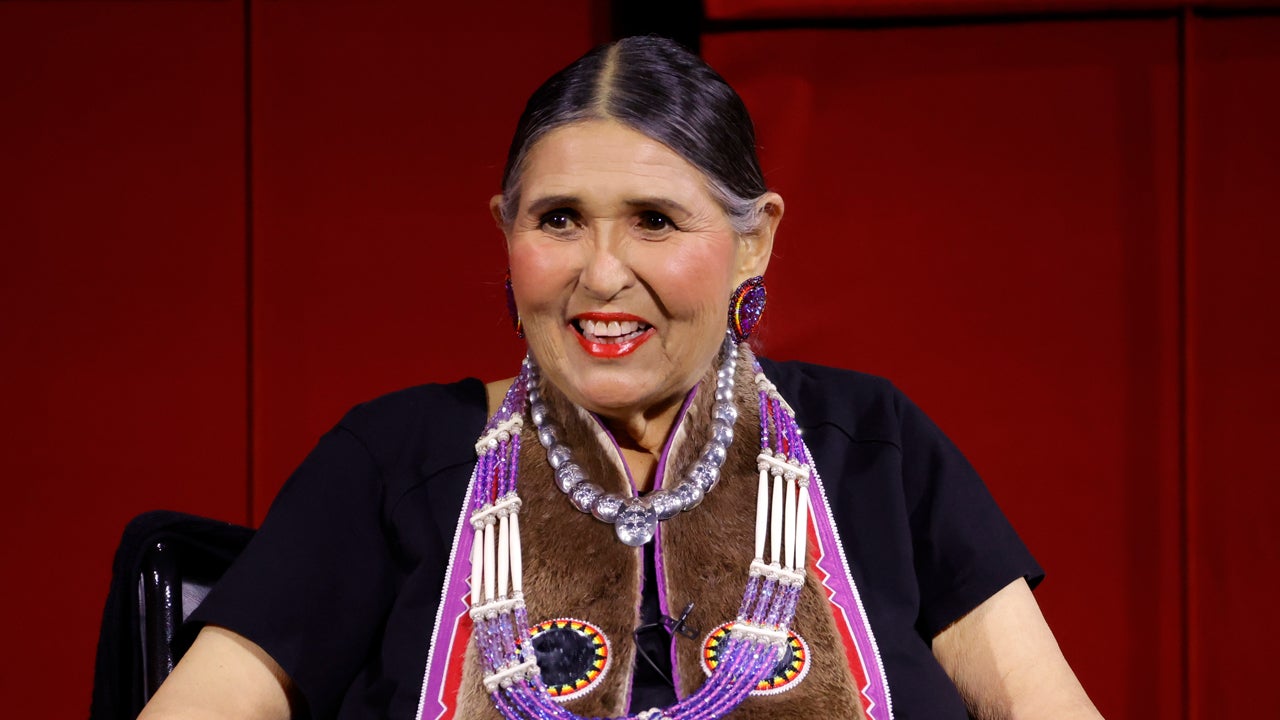
Less than a month after Sacheen Littlefeather died, her two biological sisters are claiming in on-the-record interviews that the late actress and Native American activist wasn't Native American at all.
In an explosive report published Saturday in the San Francisco Chronicle, Rosalind Cruz and Trudy Orlandi accused their late sister of being an ethnic fraud. For decades, Littlefeather claimed her father, Manuel Ybarra Cruz, was a White Mountain Apache and Yaqui Indian, but the sisters say their father's family actually came from Mexico and that he was born in Oxnard, California, about an hour north of Los Angeles. Their mother, Gertrude Barnitz, was white.
In one of her final interviews, Littlefeather said of her Oscars rejection speech in 1973 that she "spoke my heart, not for me, myself, as an Indian woman but for we and us, for all Indian people ... I had to speak the truth."
"It's a lie," Orlandi told The Chronicle. "My father was who he was. His family came from Mexico. And my dad was born in Oxnard."
Cruz chimed in saying, "It's a fraud. It's disgusting to the heritage of the tribal people. And it's just ... insulting to my parents."
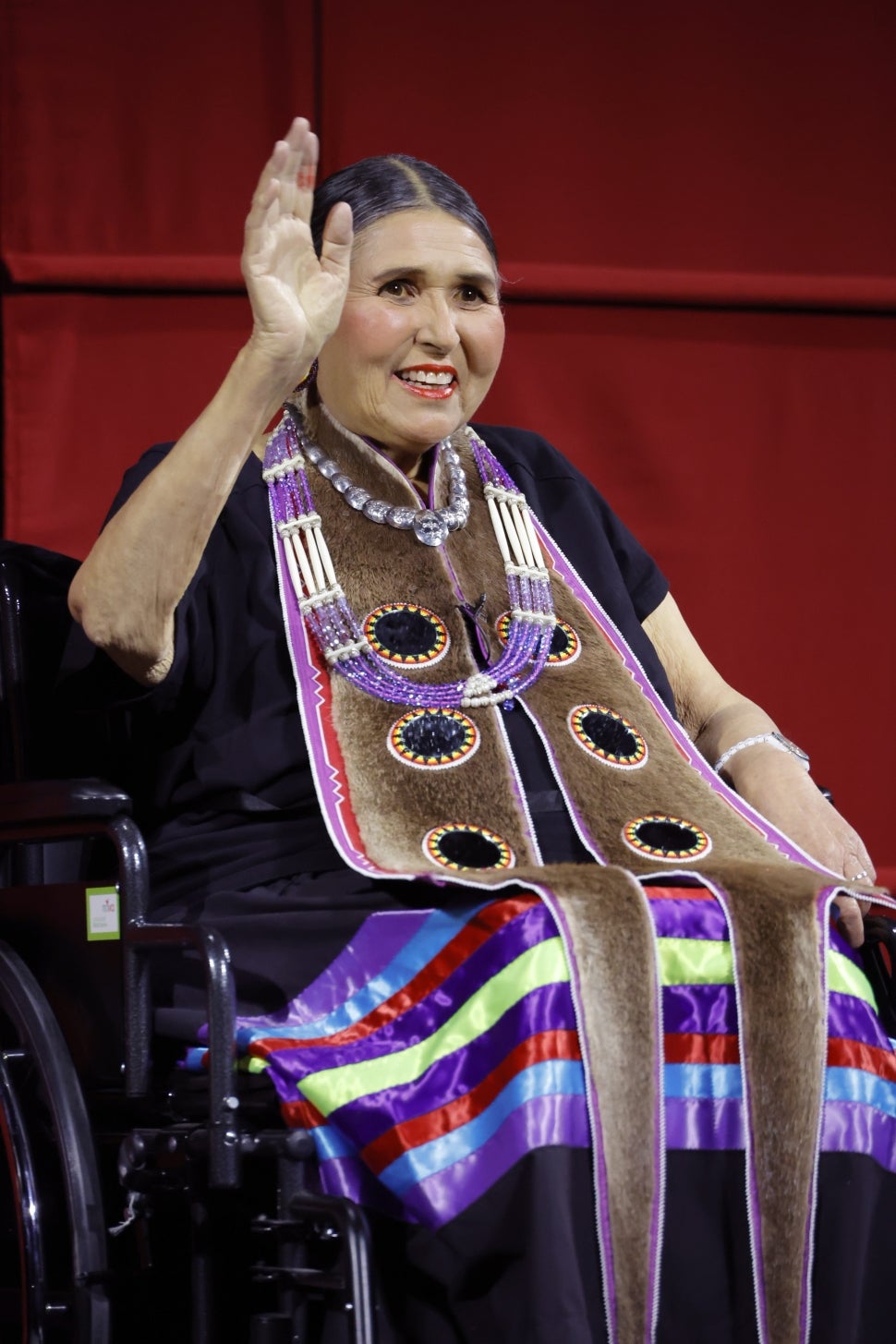
Frazer Harrison/Getty Images
It's been nearly 50 years since Littlefeather at the age of 26 took the stage at the Academy Awards in place of Marlon Brando, who won the Best Actor Oscar for The Godfather, and delivered a message on Brando's behalf about the mistreatment and oppression of Native Americans. She was under orders from Brando to not touch the Oscar, and he's also reportedly the one who suggested she wear her buckskin dress to the event that eventually led to her getting blacklisted from Hollywood.
In August, the Academy shared an apology for the subsequent fallout from her act of protest. Academy president David Rubin issued a letter to Littlefeather on the Academy's behalf, praising her speech and the impact it had.
"As you stood on the Oscars stage in 1973 to not accept the Oscar on behalf of Marlon Brando, in recognition of the misrepresentation and mistreatment of Native American people by the film industry, you made a powerful statement that continues to remind us of the necessity of respect and the importance of human dignity," Rubin said of Littlefeather's remarks at the ceremony in the letter.
"The abuse you endured because of this statement was unwarranted and unjustified. The emotional burden you have lived through and the cost to your own career in our industry are irreparable," the letter continued. "For too long the courage you showed has been unacknowledged. For this, we offer both our deepest apologies and our sincere admiration."
But, according to Littlefeather's biological sisters, the family has no known Native American/American Indian ancestry. What's more, the sisters claim they identified as "Spanish" on their father's side.
"I mean, you're not gonna be a Mexican American princess," Orlandi said. "You're gonna be an American Indian princess. It was more prestigious to be an American Indian than it was to be Hispanic in her mind."
Littlefeather, born Marie Louise Cruz in the agricultural town of Salinas, California in 1946, dedicated her life shedding light on the mistreatment of Native Americans and its cultural significance. She earned a degree in holistic health from Antioch University, where she also minored in Native American medicine. According to The Hollywood Reporter, she later penned a column for the Kiowa tribe newspaper in Oklahoma and taught in the traditional Indian medicine program at St. Mary's Hospital in Tucson, Arizona.
Her work with Mother Teresa and AIDS patients in the San Francisco area led to her becoming a founding board member of the American Indian AIDS Institute of San Francisco. She was so dedicated to Native American causes that, upon her death, Littlefeather requested that donations be made to the American Indian Child Resource Center in Oakland.
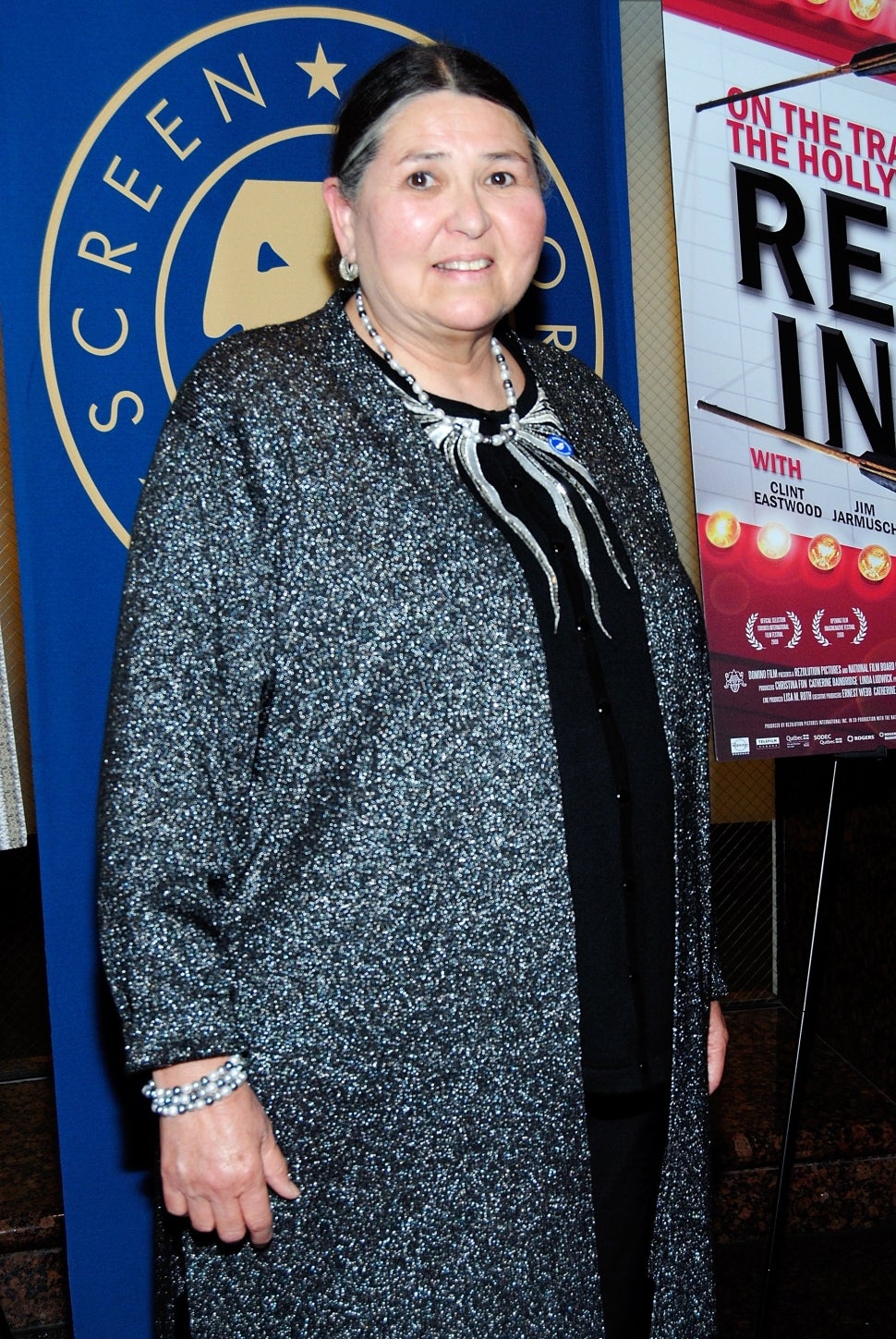
Beck Starr/FilmMagic
But the outlet reported, among other things, that White Mountain Apache tribal officials found no record of either Littlefeather or her family members, living or dead, being enrolled in the White Mountain Apache. As for the claim that Littlefeather was of Yaqui decent, there's only one federally recognized Yaqui tribe in Arizona, but she never specifically claimed which Yaqui tribe.
As for why the sisters decided to go public with their claim now, The Chronicle reports that the sisters reached out upon learning that the outlet was compiling a public list of alleged "Pretendians," or non-Native people suspected or proven "to have manufactured their Native identities for personal gain."
RELATED CONTENT:
Sacheen Littlefeather Dead at 75
Academy Apologizes to Sacheen Littlefeather Over 1973 Oscars Speech
Woman Believed to Have Inspired 'Mama Coco' Dead at 109

 JimMin
JimMin 







